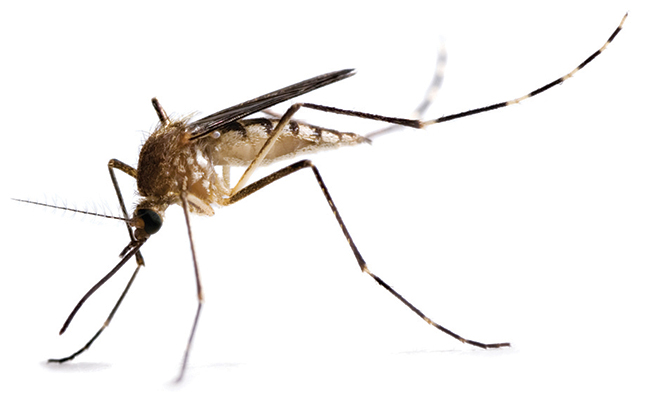The goal of the Association of Structural Pest Control Regulatory Officials (ASPCRO) is to protect the health and welfare of the citizens of each state through the fair and effective regulation of the professional pest management industry, which is vital in both public health and economic significance. Recent activities of note include:
Fumigation workshop
Last April, ASPCRO and the National Pest Management Association (NPMA) conducted a fumigation workshop in Fort Lauderdale, Fla., for U.S. Environmental Protection Agency (EPA) officials. The training event, which took place at both the University of Florida School of Structural Fumigation and at Port Everglades, primarily focused on residential structural fumigation, commodity fumigation and import/export fumigations. The workshop provided a hands-on display of the products and types of activities that the EPA staff will be considering while going through the registration review process for fumigant products. It interspersed classroom education on different types of fumigants, followed by comprehensive in-the-field experiences.
Pyrethroids workshop
In December, ASPCRO and the NPMA co-hosted a pyrethroids workshop in Arlington, Va. The event focused on treatment methods, primary structural pests and application terminology. In addition, application equipment, calibration and use were discussed.
State survey
In 2017, ASPCRO developed a survey for state, tribal and territorial pesticide regulatory programs in response to a request from the EPA regarding state-specific requirements for the storage of methyl bromide and activities related to the regulation of fumigation. The survey collected 40 responses on information to better identify current requirements, policies and activities related to structural fumigation.
Label clarification
ASPCRO continues to work toward clarification on label language, with consistency among labels through EPA-mandated language. One challenge is the copyrighting of companies’ labels: Some companies own their labels, so the exact language is copyrighted. The EPA is developing and supporting a Label Matching Application technology that is currently going through beta testing.
Public health committee
Spurred by the ongoing concerns with Zika virus and vector control, ASPCRO’s recently formed public health committee will assist state/tribal/territorial lead agencies, the EPA, and other stakeholders that address pest-related concerns that threaten the health of the population — and the role of pesticides in improving and protecting communities through pest prevention and vector control. Among its many activities, the committee will focus on gathering and developing information for a broad range of public health pests, including mosquitoes, ticks, bed bugs, cockroaches, birds and rodents. It will actively monitor federal and state activities related to pests of public health concern. The committee has also agreed to work with the Association of American Pesticide Control Officials’ (AAPCO’s) Industry Relation Workgroup on issues related to 25(b) products to address, among other things, consistent standards for label claims and efficacy data — particularly for those products used to control the aforementioned pests.
ASPCRO/AAPCO survey
ASPCRO and AAPCO developed and distributed a joint survey to states, tribes and territories, seeking their input on the revised federal Certification of Pesticide Applicators rule. The survey collected 47 responses. The survey results were shared with the EPA, the memberships of both AAPCO and ASPCRO, and other affiliates.
Annual conference
ASPCRO’s 62nd Annual Conference will take place Aug. 20-24, 2018, in San Antonio, Texas. The agenda includes, but is not limited to, the annual meeting of the board of directors, standing committee meetings, and sessions focusing on a wide range pesticide-related topics, including pesticide resistance management and modes of actions; biology and treatment technology on termites and other structural pests; the U.S. Armed Forces and handling pesticides; and the aftermath of Hurricane Harvey. Additional information regarding the annual meeting and other activities is available at ASPCRO.org.
Linda Johns is pesticide licensing, registration and training program manager for the Montana Department of Agriculture, as well as president of ASPCRO. She may be reached at ljohns@mt.gov.

Leave A Comment